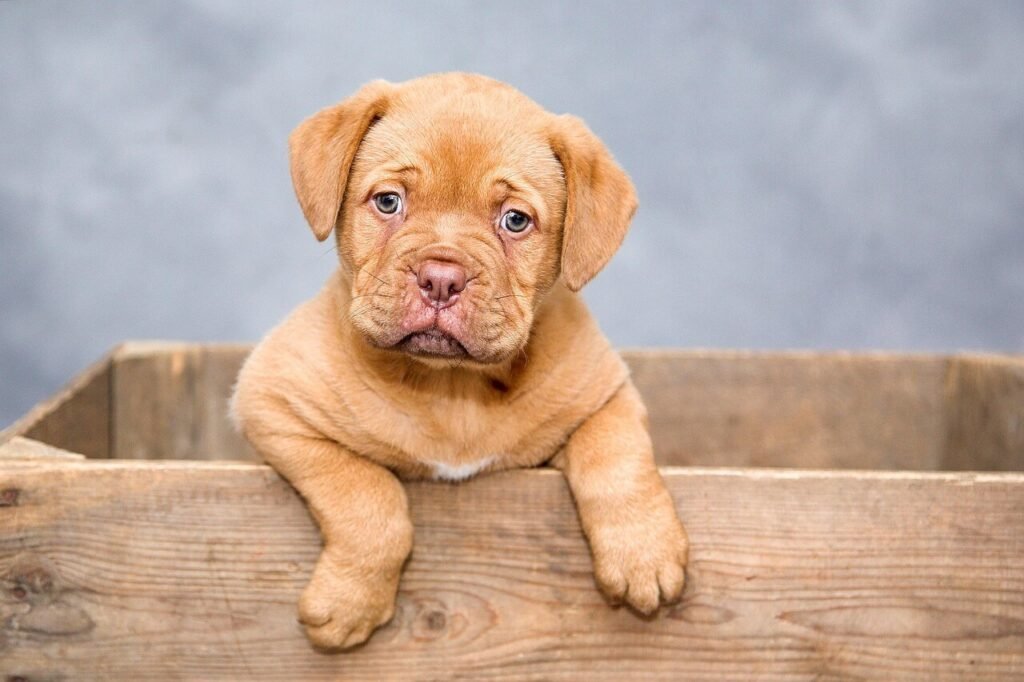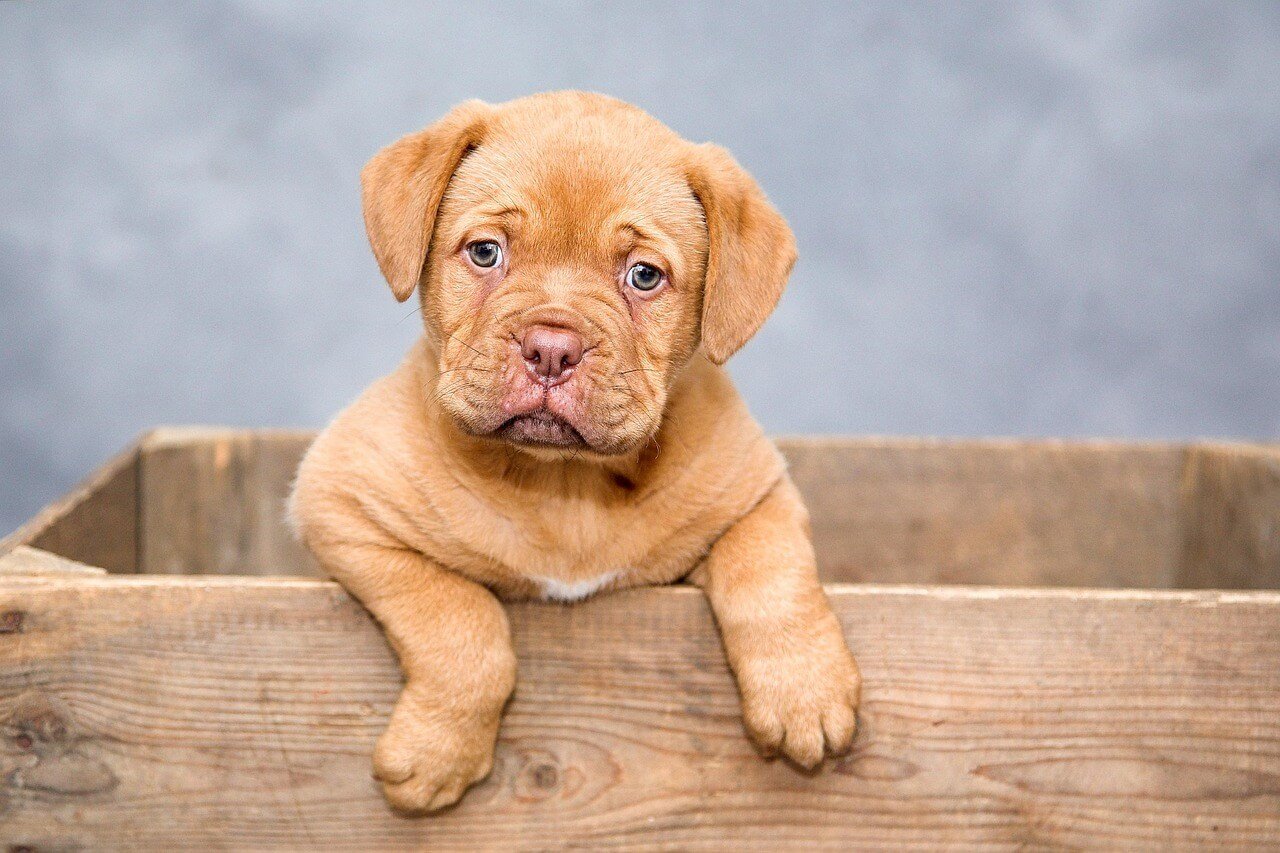The Unpleasant Reality: Fly Larvae in Dog Poop
Dog poop is an inevitable part of pet ownership, but discovering fly larvae in it can be alarming and unsettling. While it might seem like a minor issue, the presence of these tiny creatures can signal underlying problems that need attention. From understanding why flies are attracted to dog feces to learning how to prevent infestations, this guide will walk you through everything you need to know about managing this unpleasant situation. Let’s dive into the details and arm ourselves with knowledge to keep our furry friends—and our yards—clean and healthy.
Why Flies Are Attracted to Dog Poop
Flies are notorious for their attraction to decaying organic matter, and dog feces provide the perfect breeding ground for them. Understanding what draws flies to dog poop is the first step in addressing the problem. Here’s a breakdown of the key reasons:
Nutrient-Rich Environment : Dog feces contain proteins and other nutrients that flies find irresistible.
Moisture Content : The moisture in dog poop creates ideal conditions for fly eggs to hatch into larvae.
Warmth : Fresh or decomposing feces emit heat, which attracts flies seeking a cozy environment for laying eggs.
Odor : The strong smell of dog waste acts as a beacon for flies searching for food sources.
Accessibility : If dog poop is left unattended in the yard, it becomes an open invitation for flies.
By understanding these factors, we can take proactive steps to minimize fly activity around our pets’ waste. Proper waste management is not only essential for hygiene but also plays a crucial role in preventing fly infestations.
Health Risks Associated with Fly Larvae in Dog Poop
Fly larvae in dog poop aren’t just gross—they can pose significant health risks to both humans and animals. These risks extend beyond mere inconvenience and should not be ignored. Here’s what you need to know:
Spread of Diseases : Flies can carry harmful bacteria such as E. coli and Salmonella, which may contaminate surfaces they land on.
Parasitic Infections : Some species of flies lay eggs that develop into parasitic worms, which can infect dogs if ingested accidentally.
Allergic Reactions : Exposure to large numbers of fly larvae or their waste products can trigger allergic reactions in sensitive individuals.
Contamination of Food and Water : Flies moving between dog poop and human spaces can transfer pathogens to food and water sources.
Psychological Impact : Dealing with fly larvae infestations can cause stress and anxiety for pet owners trying to maintain cleanliness.
Addressing these risks promptly is vital for ensuring the well-being of your family and pets. A clean environment starts with regular removal of dog waste and proper disposal methods.
Check this guide 👉Maggots in Dog Poop: Best 7 Expert Health Tips!
Check this guide 👉Understanding Grey Dog Poop: Best 7 Health Tips!
Check this guide 👉Why Is My Dogs Poop Black? Best 7 Health Tips!

Prevention Tips | Benefits |
|---|---|
Regularly clean up dog poop | Reduces fly attraction and breeding sites |
Use fly traps near outdoor areas | Minimizes fly populations effectively |
Keep garbage bins tightly sealed | Prevents flies from accessing food |
Maintain a clean yard | Discourages flies from settling |
Apply natural repellents | Eco-friendly way to deter flies |
How to Remove Fly Larvae from Dog Poop Safely
Dealing with fly larvae requires careful handling to avoid spreading them further or exposing yourself to potential hazards. Follow these steps to safely remove and dispose of contaminated waste:
Wear Protective Gear : Use gloves and a mask to protect yourself from direct contact and airborne particles.
Use a Scoop or Shovel : Avoid touching the waste directly by using tools designed for cleaning up pet waste.
Dispose of Waste Properly : Place the waste in a sealed plastic bag before throwing it away to prevent flies from escaping.
Clean the Area Thoroughly : After removing the waste, disinfect the surrounding area with a pet-safe cleaner to kill any remaining larvae or eggs.
Wash Your Hands Immediately : Always wash your hands thoroughly after handling dog poop or cleaning affected areas.
By following these guidelines, you can ensure safe and effective removal of fly larvae while minimizing risks to your household.
Natural Remedies to Deter Flies Around Dog Waste
If you prefer eco-friendly solutions, several natural remedies can help repel flies and reduce their attraction to dog poop. Consider incorporating these strategies into your routine:
Citrus Peels : Scatter dried citrus peels around the yard; flies dislike the scent of citrus oils.
Essential Oils : Mix peppermint or eucalyptus oil with water and spray it around outdoor areas where flies gather.
Herbs : Plant herbs like basil, lavender, or rosemary, which naturally repel flies due to their strong aromas.
Vinegar Traps : Create simple vinegar traps by filling jars with apple cider vinegar and a drop of dish soap to catch flies.
Diatomaceous Earth : Sprinkle food-grade diatomaceous earth around the yard to kill fly larvae and deter adult flies.
These natural options are safe for pets and the environment while effectively keeping flies at bay. Experiment with different methods to find what works best for your situation.
Preventive Measures to Keep Flies Away
Taking preventive measures is the best way to stop flies from becoming a nuisance in your yard. By implementing these strategies, you can significantly reduce the likelihood of fly infestations around dog waste. Here’s what you can do:
Install Fly Screens : Use mesh screens on windows and doors to keep flies out of your home while allowing fresh air in.
Regular Yard Maintenance : Mow your lawn frequently and remove overgrown vegetation where flies might hide.
Eliminate Standing Water : Flies are attracted to stagnant water, so ensure there are no puddles or containers collecting rainwater.
Use Fly Repellent Plants : Incorporate plants like marigolds or pennyroyal into your garden to naturally repel flies.
Seal Cracks and Gaps : Inspect your home for small openings and seal them to prevent flies from entering indoor spaces.
By adopting these preventive measures, you’ll create an environment that discourages flies from taking up residence in your yard or home.
Signs Your Yard May Have a Fly Problem
Recognizing the signs of a fly problem early can save you time and effort in addressing it. If you notice any of the following indicators, it may be time to take action against fly larvae in dog poop:
Increased Fly Activity : A sudden rise in the number of flies buzzing around your yard could indicate a nearby breeding site.
Visible Larvae in Waste : Spotting wriggling white larvae in dog poop confirms that flies have already laid eggs.
Strong Odors : Persistent foul smells in your yard often signal decomposing organic matter attracting flies.
Fly Spots on Surfaces : Small dark spots on walls or windowsills are a telltale sign of fly activity.
Pets Showing Discomfort : If your dog seems irritated or excessively scratches its skin, it might be reacting to fly bites or larvae exposure.
Being vigilant about these warning signs will help you act quickly and prevent the issue from escalating further.
Tips for Educating Family Members About Fly Prevention
Involving your family in fly prevention efforts ensures everyone contributes to maintaining a clean and healthy environment. Teaching them simple practices can make a big difference. Consider sharing these tips:
Explain the Importance of Cleanliness : Help family members understand how cleanliness reduces fly attraction and protects health.
Assign Waste Cleanup Duties : Rotate responsibilities for picking up dog poop among family members to ensure consistency.
Encourage Handwashing Habits : Stress the importance of washing hands after handling pet waste or being outdoors.
Promote Awareness of Signs : Teach family members to recognize signs of fly infestations so they can report issues promptly.
Make It Fun and Rewarding : Turn cleanup tasks into games or offer small rewards to motivate participation.
When everyone works together, preventing fly problems becomes easier and more effective, fostering a cleaner and safer space for all.
FAQ Section
Can fly larvae harm my dog?
Yes, if ingested, fly larvae can lead to parasitic infections or gastrointestinal issues in dogs. It’s important to monitor your pet’s health and consult a vet if symptoms arise.
How often should I clean up dog poop?
Ideally, dog poop should be picked up immediately after your dog defecates to prevent flies from laying eggs.
Are there specific breeds more prone to attracting flies?
No, all dog breeds are equally susceptible to fly attraction based on environmental factors rather than breed characteristics.
What smells do flies hate?
Flies dislike strong odors such as citrus, mint, lavender, and vinegar, making these excellent natural deterrents.
Can fly larvae survive indoors?
Yes, fly larvae can survive indoors if they have access to organic material like pet waste or food scraps.
Staying Ahead of the Problem
Managing fly larvae in dog poop isn’t just about maintaining a clean yard—it’s about safeguarding the health and happiness of your family and pets. By staying informed and taking proactive steps, you can minimize the risk of infestations and create a healthier living environment. Remember, prevention is key, and consistency in waste management will go a long way. With the right tools and strategies, you can keep those pesky flies at bay and enjoy worry-free time with your beloved canine companion.
Do Cats Have Taste Buds? Best 7 Expert Tips! – Discover how cats experience flavors and why their taste is so unique.
Do Dogs Have Taste Buds? Best 7 Expert Tips! – Discover how dogs experience taste, their preferences, and what it means for their diet and health.
Can Cats Taste Sweet? Best 7 Expert Tips! – Discover why cats can’t taste sweetness, how it affects their diet, and tips to keep them healthy and happy.
Can Dogs Taste Sweet? Best 7 Expert Tips! – Discover how dogs perceive sweetness, which foods are safe, and tips to manage their sweet cravings responsibly.





